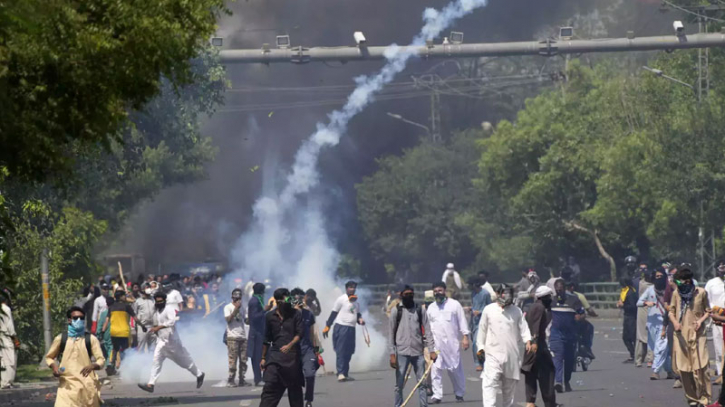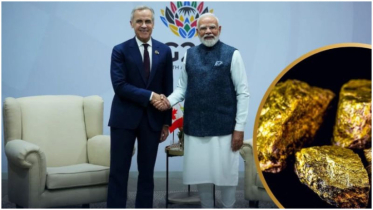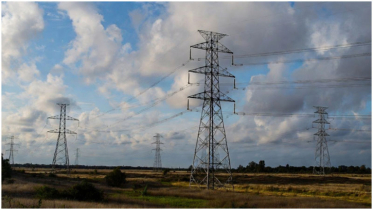Pakistan's political crisis will deepen its economic misery

The political turmoil which has engulfed Pakistan since former Prime Minister Imran Khan was arrested earlier this week will complicate efforts to secure a financial lifeline from the International Monetary Fund (IMF) and exacerbate the country’s economic crisis.
Growth has stalled and inflation has soared in the South Asian economy over the past year. With Pakistani rupee sharply depreciating and reserves of foreign currency dwindling, the country has struggled to import essential products like food, leading to deadly stampedes at distribution centers. Fears Pakistan could default on its debt have lurked for months.
Now, as nationwide protests and violent clashes sweep the country following Imran Khan’s dramatic arrest on corruption charges, the country’s ability to secure much-needed financial help has been cast further into doubt. Khan was released on bail Friday, but told CNN he expected to be arrested again.
“It makes things quite complicated,” said Sergi Lanau, director of emerging market strategy at Oxford Economics. “This is very bad news [in] a situation that was already very hard.”
The government can probably muddle through in the immediate term, thanks to the forbearance of foreign creditors such as China, but the risk of default will rise unless an IMF deal can be reached soon.
Paramilitary troops smashed their way into a courthouse in Islamabad on Tuesday to detain Khan, who was ousted from power last year. His arrest — which the Supreme Court deemed unlawful on Thursday — has unleashed an outpouring of anger. Supporters have stormed buildings and clashed with security forces. At least eight people have died and hundreds have been injured, according to government officials.
A spokesperson for the International Monetary Fund, which has been in talks with Pakistan’s government about restarting a $6.5 billion assistance program, said Thursday that negotiators are “heavily engaged” with authorities in Pakistan, which “faces a very challenging situation.”
Yet investors are skeptical Pakistan and the IMF can reach an agreement to unlock much-needed funds, with the volatile political environment adding to uncertainty ahead of elections in the fall.
Pakistan’s economic meltdown
The political tumult in Pakistan comes as the country grapples with a dire economic outlook.
Growth has slowed to a crawl, while a severe shortfall of dollars is hampering imports. Shortages of food items are contributing to skyrocketing prices. Inflation reached an annual rate of 36.4% in April, with the cost of food rising nearly 47% in urban areas and more than 52% in rural regions.
Foreign reserves at the central bank of roughly $4.4 billion are sufficient to cover about a month of imports, according to Tahir Abbas, director of research at Arif Habib, a financial firm in Karachi.
What’s known as a “balance of payments” crisis is eroding standards of living in a country still reeling from devastating flooding last year. It could “reverse the poverty gains achieved in the last two decades and further reduce the incomes of already poor households,” the World Bank warned last month.
Pakistan’s ability to maintain payments on its debt has also been called into question. Ratings agency Moody’s downgraded the country’s credit rating in late February, noting that foreign currency reserves were “far lower than necessary to cover its imports needs and external debt obligations over the immediate and medium term.”
Widespread protests could amplify the pain. Authorities blocked mobile internet services this week in a bid to quell the chaos, a decision GSMA, an industry group representing operators of mobile networks, criticized as harmful to citizens and businesses.
“The political uncertainty and crisis-like situation including [protests] are dampening the already ailing economy,” Abbas said.
What could happen next?
The government has been working with the International Monetary Fund to resume a financing program that’s been stalled since November and expires in June. Julie Kozak, the IMF’s director of communications, said Thursday that the country has “very large financing needs.”
“The financing already committed by Pakistan’s external partners is welcome, however, significant additional financing is essential to support the authorities’ policy efforts,” Kozak said.
But with elections coming up and public ire mounting, investors think it’s unlikely that reforms requested by the IMF to improve the country’s fiscal position will be agreed, since they would contribute to economic hardship in the near-term.
The rupee hit a record low of nearly 300 to the US dollar this week. Pakistan government bonds in dollars, meanwhile, have been trading at distressed prices.
“Cutting spending and increasing taxes is not an easy thing to do at all,” said Lanau. “These are things that in the run-up to an election are not palatable to anyone.”
Gerwin Bell, lead Asia economist at PGIM Fixed Income, which holds Pakistan bonds, said the firm’s “long-standing” view is that “the government would not be able to provide needed assurances to the IMF.”
“The current political events only reinforce our view,” Bell added.
Prime Minister Shehbaz Sharif said in a televised address Friday that the country’s economic problems stem from his predecessor.
“As you know the currency is navigating through difficult times,” he said. “The challenges we inherited are contributing immensely to aggravating the situation.”
He continued: “The previous government violated an agreement with the IMF and we are making attempts to repair that.”
Without help from the IMF, which is seen as essential to unlocking funding from other sources, the risks Pakistan could default on its debt rise. But there’s still a chance the country avoids that outcome.
“We do not think the risk of default is very high,” Bell said. “Private sector bond debt is very small, and large bilateral creditors have so far been willing to roll over maturities,” he added, noting that China and the Gulf economies “are not eager to trigger defaults.”
Yet the threat could hang over the country for some time. Abbas said that while the country “can manage” through July, and possibly into August, “it will be absolutely crucial to resume the IMF program or embark on a bigger IMF program to manage the external sector crisis.”
Moody’s has estimated that Pakistan’s external financing needs for fiscal year 2024, which starts in July and runs through next June, are in the range of $35 billion to $36 billion.
In February, the ratings agency said about 50% of government revenue will need to go to debt interest payments “for the next few years,” compounding economic woes and fanning political discontent.
“A significant share of revenue going towards interest payments will increasingly constrain the government’s capacity to service its debt while also meeting the population’s essential social spending needs,” Moody’s wrote in its report.—CNN
.png)




